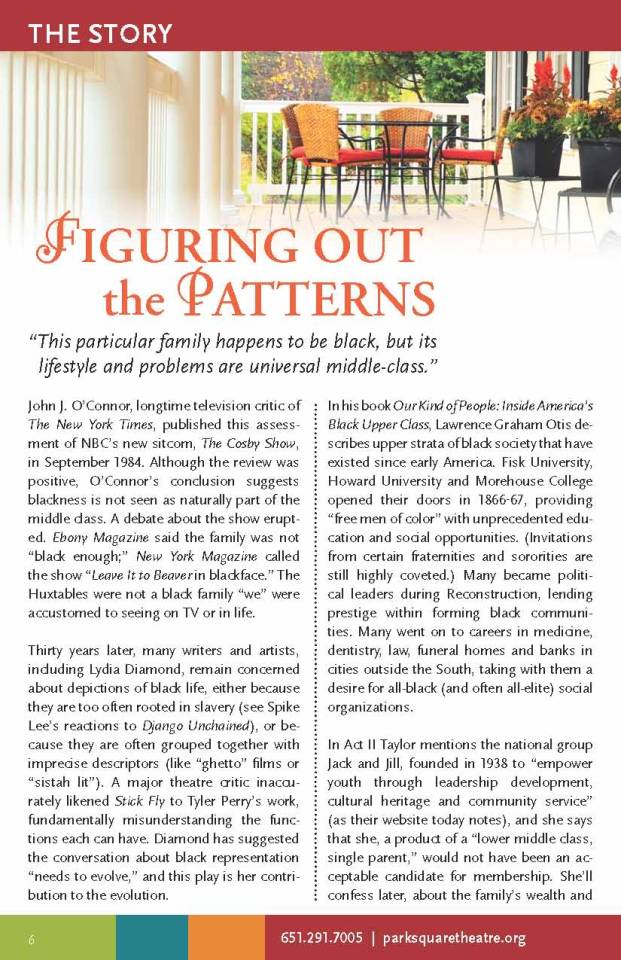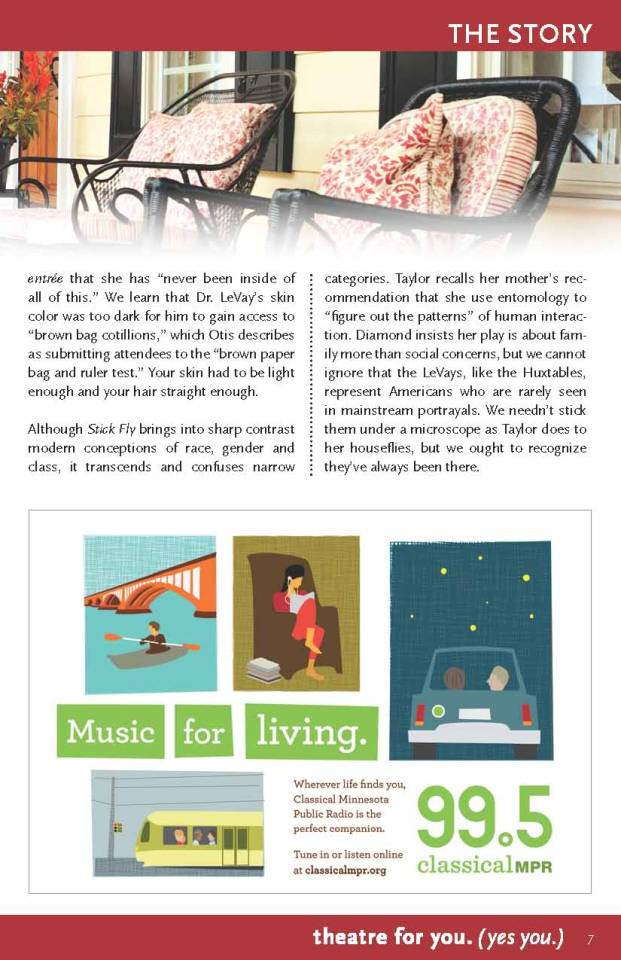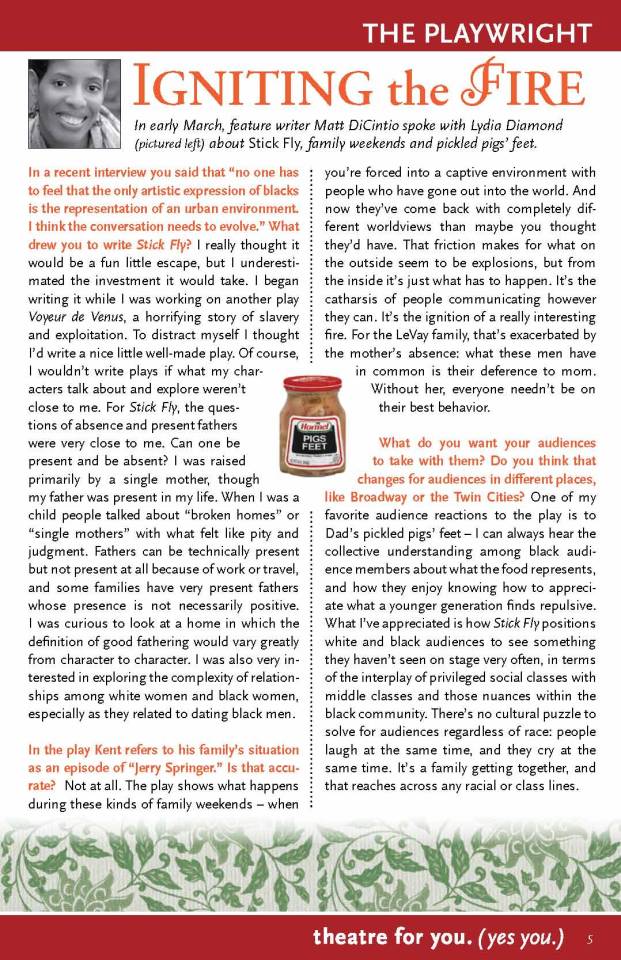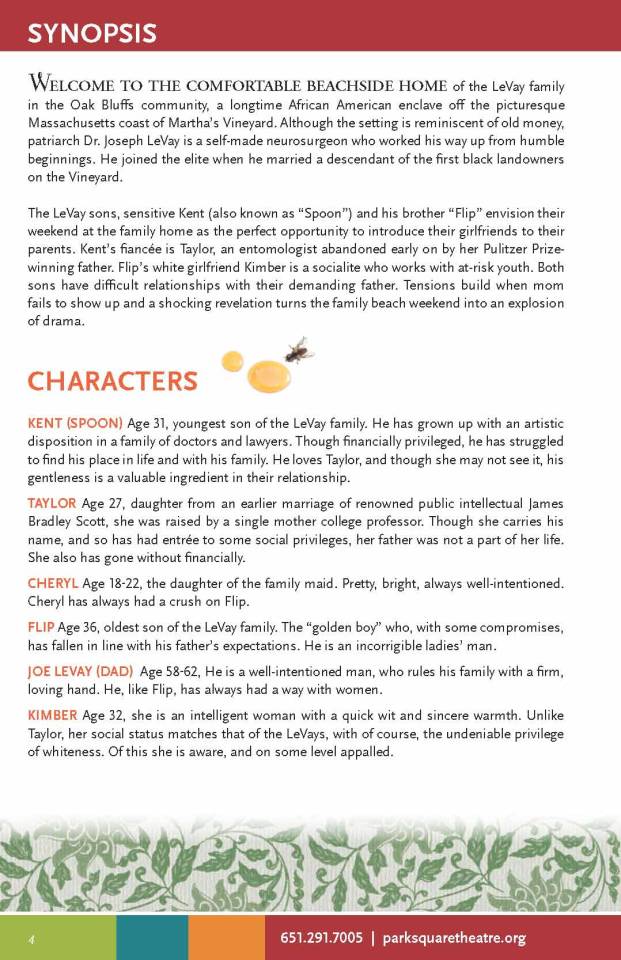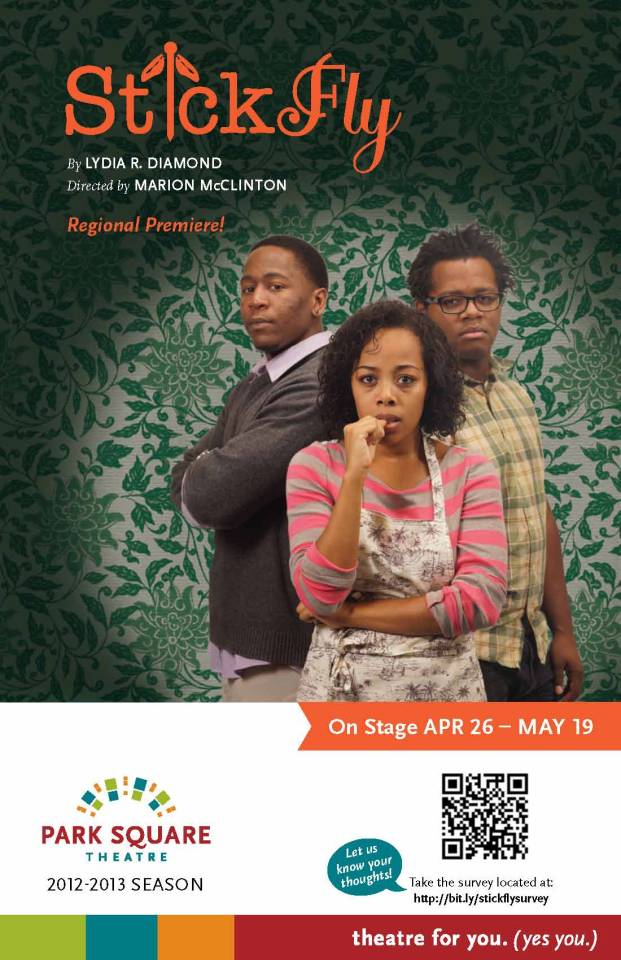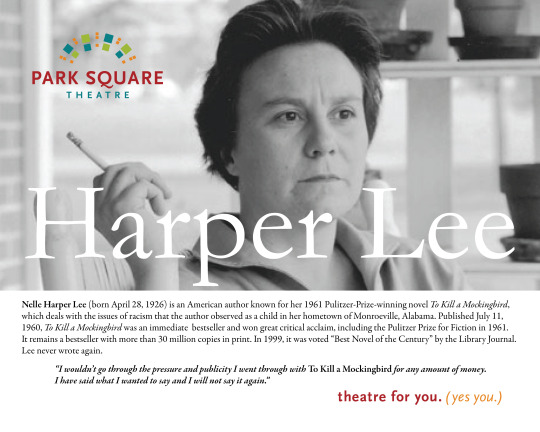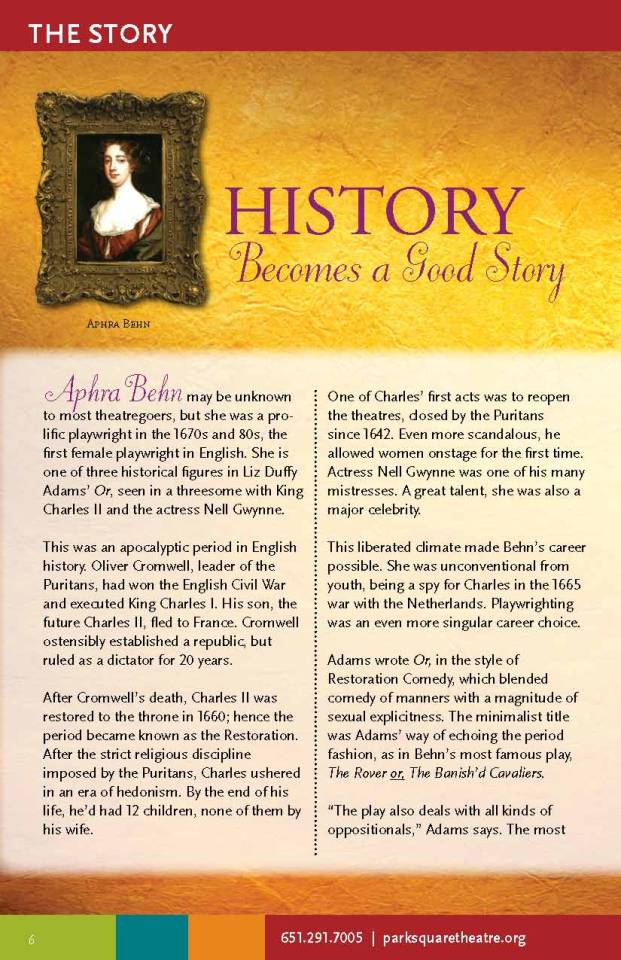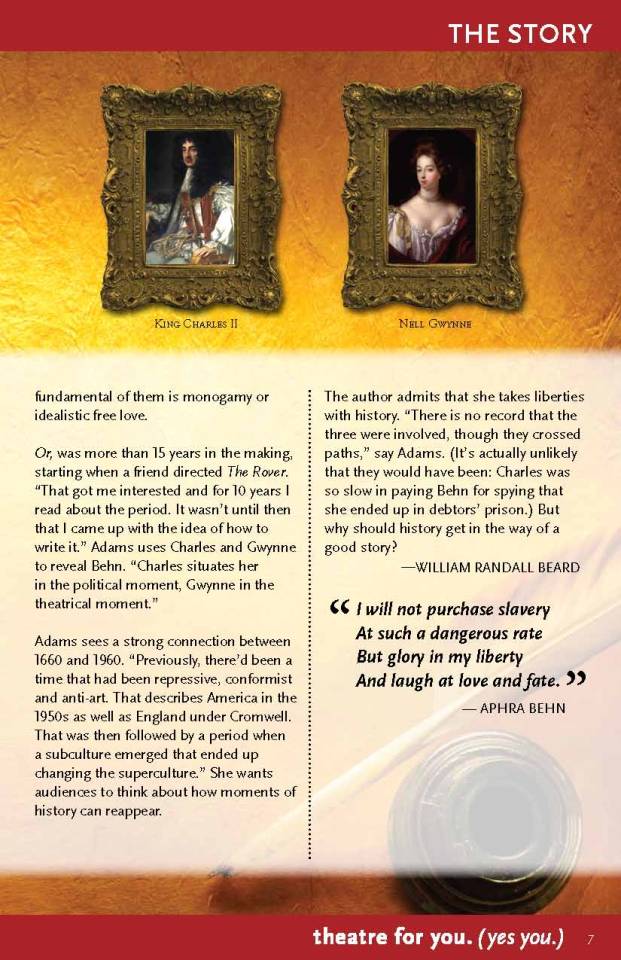Text
Ubuntu in My Children! My Africa!
by Gina Musto, dramaturg for My Children! My Africa!
Ubuntu is a Zulu term that means, “I am because you are.” It is not just a saying but also a philosophy that applies to South African culture as well as the leadership beliefs of Nelson Mandela. I first learned about Ubuntu in college when it was translated as “I am because we are and we are because I am,” a phrase that inspired me with its focus on how individuals can affect a group and vice versa. As a friend of mine who has taught in South Africa described, there is an element to Ubuntu that recognizes how all people are linked together in their lives and acceptance.
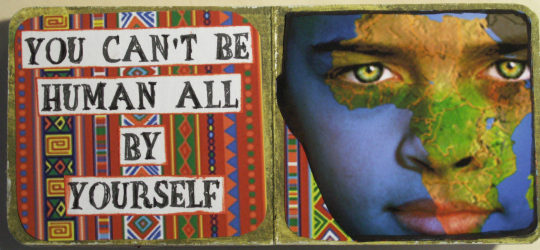
When so much of South African history is about separateness (the literal meaning of apartheid), seeing the opposing elements shows the true complexity of a country that, from an American perspective, little is known about. In my own educational experiences, I learned little about South Africa and coming aboard to work on My Children! My Africa! was a massive learning experience for me on many different levels. With a week and a half to research before rehearsals again, I crammed in as many different sources as I could – books on the general history, apartheid in general, collected writings of Steve Biko and Nelson Mandela, and novels by authors such as Andre Brink and Alan Paton.
There were certain themes that stood out to me and to our cast during the rehearsal process – the strong similarities as well as differences between apartheid and Jim Crow laws in our own country, the struggles in protest movements in whether to express pacifism or violence, and Isabel’s yearning to know more, to understand.
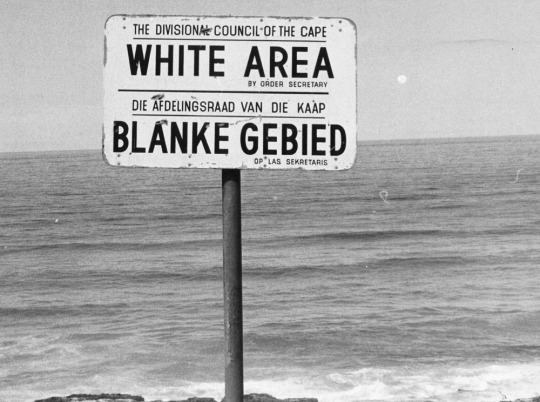
Isabel’s need for understanding and knowledge felt familiar to me as I tried to understand why and how something like apartheid could occur. There were many situations in South Africa that led to it – the belief held by colonists that South African natives were less than human, fervent religious beliefs that colonists – especially the Afrikaans – were God’s chosen people, and strong nationalistic tendencies spurred on by the writings of Dutch Reformed minister S.J. du Toit. Many who came to become part of the leadership of the National Party in South Africa and implemented apartheid had studied in Germany during the rise of the Nazi party and applied this ideology in their own country, goings as far as to teach people of certain racial classifications that they were subservient to others through the Bantu Education Act. But this information does little to help deal with how something as heinous as genocide could occur and how people could continue to deny its affects.
Another theme that came to attention during our rehearsals was the theme of time and the idea of being too late throughout narratives on apartheid. Thami mentions this to Isabel towards the end of Fugard’s play, Alan Paton wrote a book entitled Too Late the Phalarope, and a character in Andre Brink’s States of Emergency also talks about being too late. Donald Woods, Janet Levine, and a number of others who discuss the effects of apartheid use the same phrase. It hangs above discussions of apartheid like a dark cloud, warning of what could be if action against apartheid is not taken.
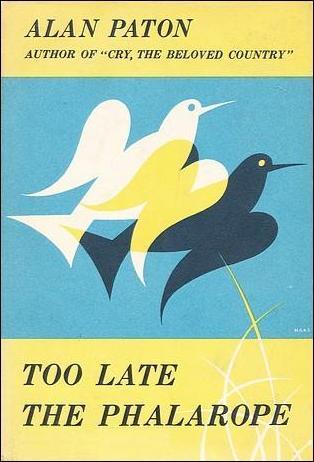
Considering the breadth of time this message spans there is a slightly haunting quality to it – that perhaps the warning has come too late. But at the end of Fugard’s play there is a glimpse of hope that perhaps after all that has happened, it is not too late. Though everything has changed and one can never go back to how it was before, there is still hope.
Fugard’s play is dense – the same length of time as a standard musical but all dialogue. It is a challenge for actors to work through but there is no easy, concise way to cope and deal with apartheid. Powerfully and beautifully written, Fugard masterfully deals with the struggles of change and pangs of hope for the future, it is its own way to, in Mr. M’s words, “fight the madness.” Practicing a form of Ubuntu, the play focuses on the difficulties of understanding and how we learn, collaborate, and accept others.
In a recent interview, Lin Manuel Miranda stated, “What I can tell you is that works of art are the only silver bullet we have against racism and sexism and hatred… Art engenders empathy in a way that politics doesn’t, and in a way that nothing else really does. Art creates change in people's hearts. But it happens slowly.” Art, especially theater, is a powerful form of Ubuntu that thrives on collaboration and inspiring others. As long as we continue to create and perform works such as Fugard’s play, it will never be too late.

#lin manuel miranda#athol fugard#apartheid#ubuntu#south africa#theatre#mysaintpaul#race relations#history
5 notes
·
View notes
Text
Engaged Right From the Start

Many people talk about the theatre as a mirror- reflecting back at us our own lives and the world we live in. Many times we see a reflection that makes us laugh and fills us with warmth and frivolity and sometimes, maybe not as often as we should, we see a reflection that scares us a little. Like the mirror in a stark motel bathroom, we see the pockmarks and lines in our face all too clearly.
My Children! My Africa! is a play that reflects those blemishes and challenges you to do something about them. The story concerns two brilliantly scholastic teenagers- one white, one black- who are trying to to reconcile their friendship with a simmering rebellion in apartheid South Africa. Trying to guide them through the tempest is their teacher, Mr. M, who believes so strongly in the power of education that he is willing to sacrifice everything for it.
This is a play about racial disparity in South Africa but it is far, far from just “another play about race.” I don’t want anybody to have preconceived notions about what they are walking into. Never is the play preachy or self-indulgent in it’s message. What it does is weave a tender story about friendship that happens to have these earth-shattering consequences involved. Trust me, as both a theatre artist and fellow patron, I understand the temptation to shrug your shoulders and say, “seen that story before” because humans tend to be fickle creatures and naturally seek fresh takes on messages, however timeless. My Children! My Africa! is brilliant because it engages you right from the start and before you know it, you’re so involved with the characters that the tragedy will truly take you by surprise.

And what is that tragedy? It’s the tragedy of not being able to understand another’s point of view - or to be able to effectively communicate it. It is the tragedy of somebody being told what to do and who to be without the outlet of being one’s own self. Walls and boxes are stifling by nature, no matter how benign their intentions are.
I hope that when you see My Children! My Africa! you will ask yourself many questions and be open to some hard answers. I hope that you don’t prescribe to what’s “right and wrong” and understand that maybe some action, any action, is better than doing nothing.
Certainly there are some big ideas with this play but that’s precisely why we’ve chosen to perform this play, to tell this story. Because it matters now more than ever. Yes, that stark motel bathroom mirror may be revealing some unwanted blemishes, but at least now we know they’re there and now we can do something about them.
More info can be found here at Park Square’s website: http://parksquaretheatre.org/education/student-matinees/my-children-my-africa/
By Vincent S. Hannam
1 note
·
View note
Text
Falling Through the Ice with Athol Fugard
By Mary Finnerty, Director of Education and Director of Calendar Girls
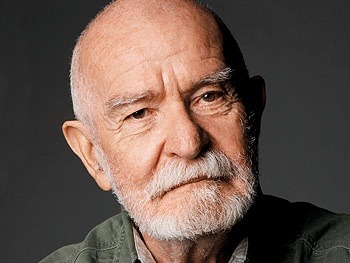
As a young graduate student in the MFA Directing program at the University of Minnesota, I had the privilege of meeting and learning from Athol Fugard during an artistic residency. His passionate intensity, intelligence and humanity struck me deeply. He shared very personal stories about his work in theatre in South Africa, particularly about writing “Master Harold”... and the Boys. He said he was writing the play and it just wasn’t going anywhere.
The play is autobiographical, based on his relationship with two Black South African men who worked for his mother in a boarding house she ran to support the family. When Fugard was 17 and disappointed in his father, deeply angry, he took his anger out on this beautiful Black man who had served as a surrogate father by spitting in his face. Fugard kept trying to write the play without including that action in it. He told himself that it was a cheap theatrical trick to use such a gesture onstage. Soon he found himself unable to write until he faced the demon and wrote the scene. He said “my writing had been like so much skating, gliding along the surface and it wasn’t until I was willing to fall through the ice into the deep, dark, freezing water below that I could find the truth.”
I have carried that amazing lesson with me while working on every production I have directed the 25 years since he told me that story. And every time fear threatens to impair honesty onstage, I try to coax the cast to dare to “fall through the ice into the dark cold water below where we can find truth, clarity and beauty.” When I direct Calendar Girls at Park Square this spring, Fugard will be there, helping us to seek the truth.
4 notes
·
View notes
Text
A Right Worth Fighting For
By Vincent S. Hannam
Whilst browsing the Internet this afternoon, taking in my daily quota of current events, I happened upon this video about South African students clashing with police to protest tuition hikes at universities.
youtube
Students are violently protesting college tuition hikes.
As the cost for college in the U.S. skyrockets with no immediate solution in sight, why aren’t we rebelling en masse like the South Africans? I think I can speak for my generation when I say the cost of college is too damn high! I know education seems to always sit on the back burner in this country, but could South African society just really cherish education so much that they’re willing to risk their own lives for it? Well, as My Children! My Africa! at Park Square demonstrates - yes.
Every single person on this earth is entitled to education because it represents the key to unlocking the world-changing power in all of us. Perversely, it is because of this great power that those in control have always sought to limit its accessibility. Education is the great equalizer and the people of South Africa know this enough to realize that the price increase will only serve to shut out the country’s poor - a majority of whom are black. Now I am not suggesting a nefarious conspiracy by the country’s white elite to keep blacks out of college, but in a country continuing to heal from apartheid, this kind of division may not be a constructive step in the right direction.
Black or white, these students have every right to fight for an education that should be as accessible as possible. Clearly, the dots can be connected from the events unfolding in Johannesburg to My Children! My Africa! which premiered in that city in 1989. Then as now, the citizens of South Africa still have some hard questions to ask themselves but we definitely do too as we deal with our own education and racial disparities.
1 note
·
View note
Note
Are you still producing "Murder for Two" and if so do you have two tickets available for Saturday, October 10?
If you did not get a response (so sorry for the delay) we have tickets for all performances of Murder for Two. It runs though Nov 1
0 notes
Photo
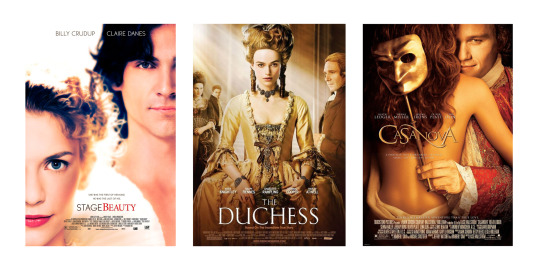
Perhaps you have seen some of these other famous works by Jeffrey Hatcher?
0 notes
Photo
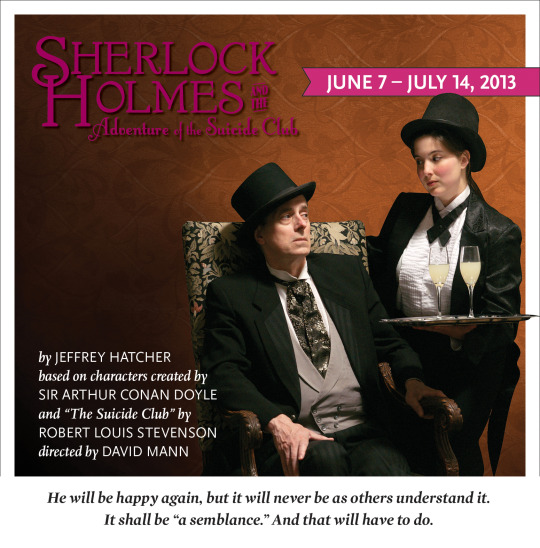
0 notes
Photo

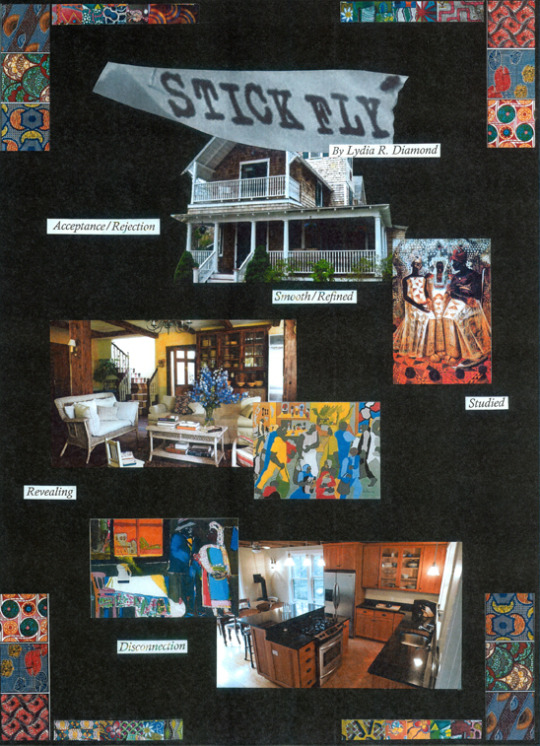
Kit Mayers' inspiration for bringing Martha's Vinyard to the stage!
#Kit Mayer#Martha's Vinyard#Stick Fly#Marion McClinton#St. Paul#Park Square Theatre#Set design#Scenic Design#theater#theatre
3 notes
·
View notes
Text
A Fly on the Wall: Insights from the rehearsal hall
By Jamil Jude, Assistant Director
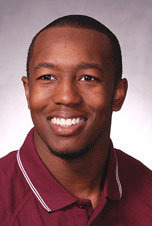
Today the first preview performance of STICK FLY, I wanted to take a quick moment to reflect on this process and the journey of bringing this play to the Park Square stage
Table Work
The heart of Lydia’s play
Unlike most people inside the rehearsal hall, I had the privilege to see multiple versions of Lydia Diamond’s play before our production here at Park Square. Those productions focused in on the comedy in the writing. What I have noticed about our production is that we aren’t relying on the comedy to tell the story. The comedy is there but the relationships between the characters are what carry this play. I get lost in the relationship between Tracey Mahoney (Kimber) and Darius Dotch (Flip). They try to convince themselves that they’re just having fun, but when they let their guards down, they realize how much they love one another. I love watching James Williams (Dr. LeVay) and his “tough love” approach to raising his children. I enjoy the unease Traci Allen (Taylor) feels as she goes out her way to impress her fiancé’s family. Character relationships are what moving drama is all about and this play is no different. At the heart of Lydia’s play is a family, unlike any family we’ve seen on the American stage before. They are Black, they are affluent, they love one another but they aren’t perfect. You are going to thoroughly enjoy soaking up the relationships in this one!
Preparing for previews
We were in for a treat when we moved rehearsals upstairs to the stage. The set is gorgeous! Tall walls, beautiful art work, plush furniture. It looks as if Kit Mayer and his team picked up a house from Martha’s Vineyard and dropped it right on the Park Square stage! Small pieces continue to arrive daily and the actors are doing a swell job incorporating the additions into their work. Throughout this process they have taken on the challenges this play offers. It is not easy. Lydia Diamond is an amazingly talented writer and her work pushes all involved (actors, designers, directors, and audiences) to challenge their understanding of race, class, and family.
The STICK FLY team is ready to show the St. Paul-Minneapolis community what we’ve been working on. Hope to see you there!
#Park Square Theatre#Jamil Jude#Stick Fly#Marion McClinton#Lydia R. Diamond#Tracey Mahoney#Darius Dotch#James Williams#Theatre#Theater#Rehearsal#Acting#Actors#Director's Note#Martha's Vinyard#Kit Mayer#St. Paul#Opening preview
2 notes
·
View notes
Quote
OR is an incredibly adroit script, bridging the gap between being a modern and relevant play yet written in the literary style of the Restoration.
"OR is an incredibly adroit script, bridging the gap between being a modern and relevant play yet written in the literary style of the Restoration. It was given a wonderful production, elevated to great heights thanks to the trenchant and utterly believable, while high-style performance of Emily Gunyou Halaas, and the incredible acting dexterity of Matt Guidry and Mo Perry, who play three roles each. Mo added a kind volcanic power to her remarkable changes of character which, under the razor-sharp direction of Leah Cooper, produced a distinctly "run do not walk to the ticket sellers" production which should not be missed."
best,
John Fenn
0 notes

